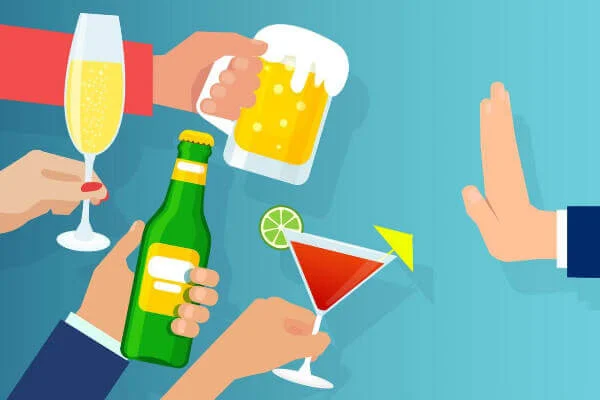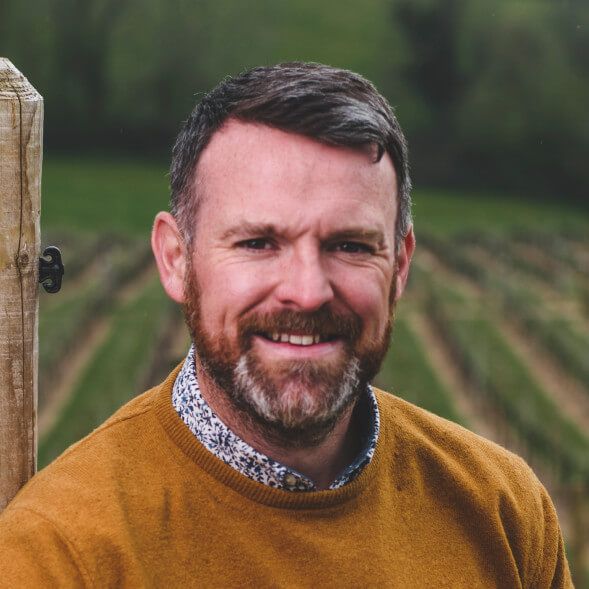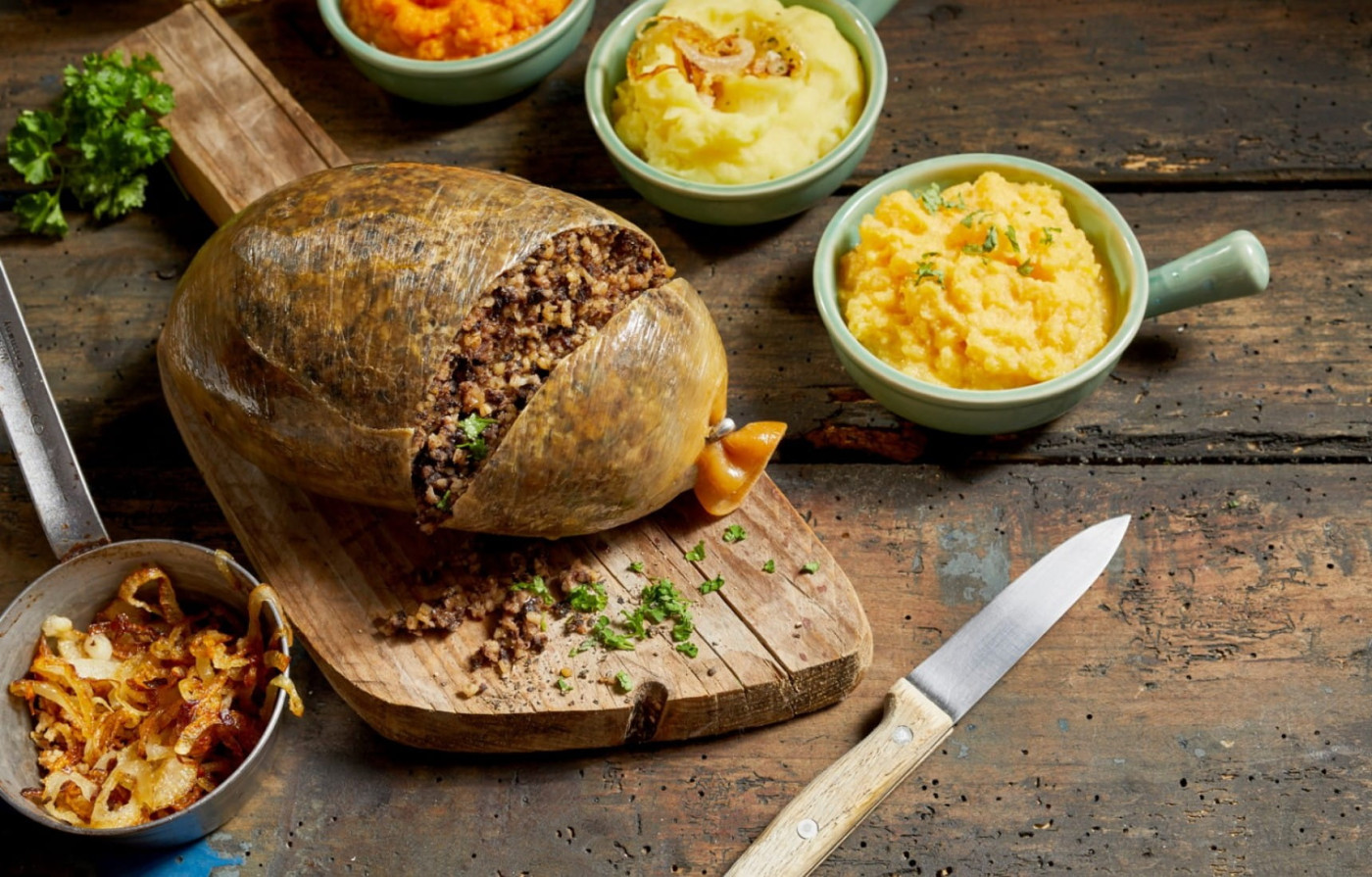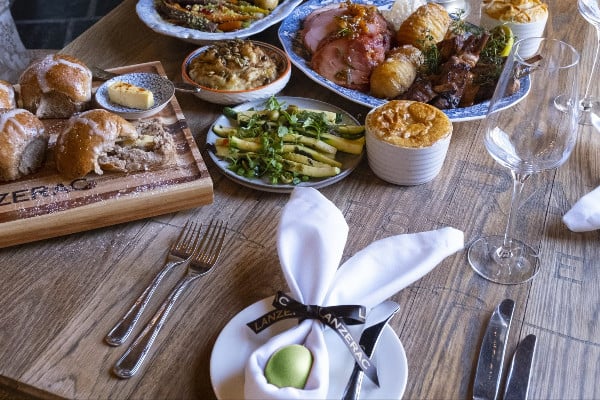
Dry January, The French Paradox
Are you doing dry January? The French Paradox may change your mind.
Congratulations to you if you're starting the month with the best intentions. Personally, I don’t subscribe to the idea, maybe because deep down I know I’m too weak willed to see it through, though I prefer to use the excuse of moderation.
A study was published thirty years ago which uncovered The French Paradox - moderate wine consumption gives better health outcomes than total abstention. The French drink more wine, eat more cheese and cook with butter and cream – yet they have less coronary heart disease than we puritans in the UK and the USA.
Many subsequent studies have tried to explain this phenomenon, though it seems the reasons are as much cultural as they are scientific. The French differ from us Brits in their whole approach to food and wine.
A quick warning before we go any further: too much of a good thing is bad for you. Excessive consumption has been shown to produce worse health outcomes and significantly increases the risk of cancer.
Eat Less, Eat Better
If you’ve ever visited a French market you know how seriously the French take their food. You’ll find mountains of brightly coloured, seasonal vegetables; wheels of cheese in many shapes and sizes – some hard, some soft, all delicious; and a fish stall with species we’d never think to eat in England, all with bright eyes and shiny scales.
The first thing to note is the French preference for quality rather than quantity. The same rule applies when it comes to portion sizes – which are notably smaller in France.
The French also put more effort into their vegetables, enticing the tastebuds with beautiful presentation. Mealtimes in France are never the “beige” buffet familiar to every Englishman. That ubiquitous procession of bland, colourless, processed food found in school canteens and motorway service stations up and down the land.
Adding fresh, colourful vegetables to every meal is a simple step to better health.
Drink Less, Drink Better
Most Frenchman would not consider sitting down to a meal without a glass of wine.
I spent time working in Paris and I was amazed (and quite delighted) to discover that lunch was a two hour affair, with several courses and a half bottle of wine – all paid for by our employer. For the French good wine and good food, along with good conversation, are the foundation of every meal.
Too often in Britain, we eat our meals too quickly – on our laps, on the run, or on the sofa. Take the time to enjoy your meals.
Good wine can help us to slow down. Wine writers often discuss the length of a wine – how long the flavours of the wine develop in your mouth after drinking – the better the wine, the longer the finish, and thus, the more likely you are to savour the flavour whilst in conversation with your fellow diners.
Sip, don’t gulp.
Take for example a recently opened Barolo Ravera 2017 from organic winemaker Mario Giribaldi. The wine developed on my palate for minutes after drinking it (supermarket wines rarely hang around for more than a few seconds), I sat for an hour chatting with friends enjoying this single glass of wine.
Giribaldi "Ravera" Barolo DOCG 2017

£46.00
The cru vineyards of Ravera are lauded as Barolo's top sites for complex, powerful, long-lived Nebbiolo wines. Known for vibrancy, middle-weight depth and rigidity in...… read more
Which is not to say you have to spend a fortune on every bottle of wine (although, yes, the Barolo was expensive). Look for wines from small family owned vineyards, those with generations of experience, who communicate something of the place their wines are made. These are far more likely to deliver length and complexity than mass produced plonk.
At Wickhams, we try to work with such smaller producers, especially those that focus on sustainability. Click here to see our full list of producers.
Drink Red Wine
The scientific justification for the French Paradox has been hard to pin down, though most studies think red wine is more likely to explain it than white wine.
The first possible reason is polyphenols, a substance found in fruits, vegetables and wine. The most studied polyphenol is resveratrol which is found abundantly in grapes and red wine. It is a protective chemical in nature, protecting plants from attack. It also acts a little like oestrogen and therefore may improve mood and mental performance. There are also studies looking at how it could improve blood flow in the brain.
The second possible reason is a substance called piceatannol which was identified in an American study in 2012. Piceatannol inhibits the formation of new fat cells and prevents them from developing into mature fat cells. The compound blocks insulin’s ability to store fat. In later studies, researchers found that moderate wine drinkers show the lowest accumulation of abdominal fat among all drinkers.
Get a polyphenol and piceatannol fix from our large selection of red wine, click to see our range of red wine.
Cheese is Better Thank You Think
The final piece of the jigsaw could be the French habit of eating cheese after most meals.
Recent research by University College Dublin explains how the cheese making process alters the chemical arrangement of nutrients and other components of milk in a positive way. A review of 15 scientific papers concluded that people who ate about 35g of cheese a day had a 10% lower risk of cardiovascular disease than those who ate none. Vitamin K, often found in aged cheeses, may help to prevent artery blockages that lead to heart disease and strokes.
Whatever the reasons, anything that gives me a free pass to enjoy cheese and wine year round is a winner in my book. Whether or not you complete Dry January, maybe make the French Paradox Diet your New Years resolution.







